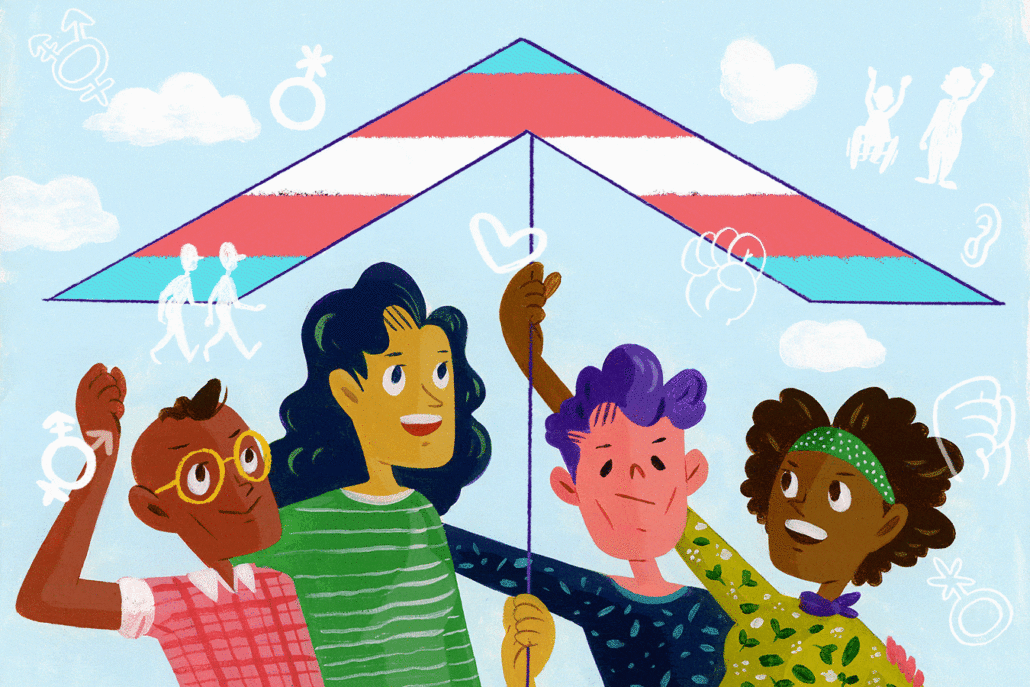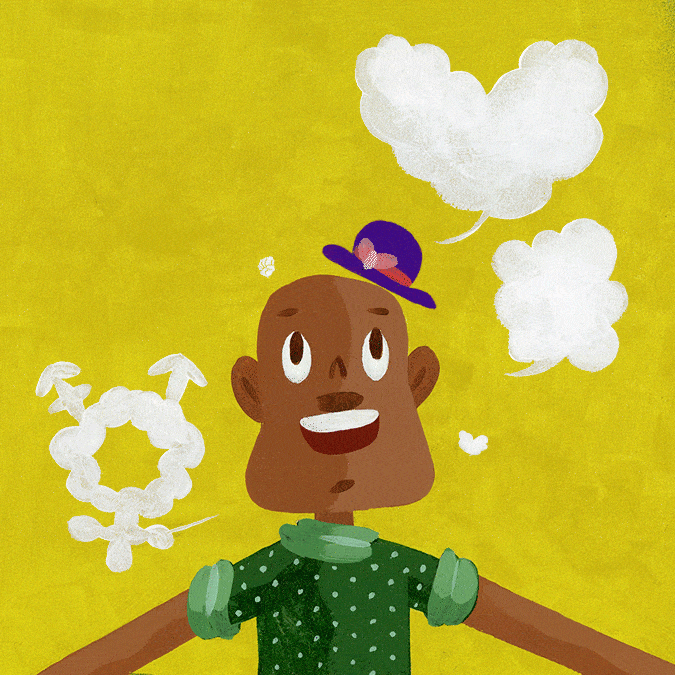
Trans and non-binary people are just that—people. Let’s skip the intrusive questions and build relationships
I used to work as a trainer for a large provincial LGBTQ+ organization, speaking with care providers across Ontario about how to include trans and non-binary people in services. It gave me a lot of hope to see how the responses to our training changed over the years, as people became more and more familiar with trans people. That happened in no small part thanks to the labour of trans activists and allies who pushed to overhaul Ontario and Canadian human rights legislation and to the social-change work done by incredible public figures like Pose writer, director and producer Janet Mock, and Orange Is the New Black actress and producer Laverne Cox. The more people had a frame of reference for trans people, the more they showed a willingness to be better allies to trans people.
The thing with wanting to be a better ally, or wanting to be an ally at all, is that it’s just a first step. It’s like laying the first stone of a bridge—no matter how well placed that stone is, no matter how much research and planning went into laying it down, there’s still a river to cross. So if allyship is a first step, building one human connection after another with trans and non-binary people is what will take us all to a far more meaningful place.
Toward the end of my time in that training role, I noticed that more trans and gender-non-binary people were employed at the organizations where we spoke. I don’t pretend to know the ins and outs of what those employees experienced in their workplace. I know it can’t have been all good. But I do know that the conversations in trainings changed, in a way I think was positive, when people started to have relationships with trans people in their workplace—not just as clients, but as peers providing services.

This is one of my biggest takeaways from that work: Employing trans and non-binary people in a workspace can have a wide-reaching impact. We are seen more as people, less as oddities, both by the people we work with and the people who access the services we provide.
Transphobia is built on fear and discomfort with trans and non-binary people, and cissexism is a systemic bias that privileges people whose gender matches the gender they were assigned at birth over trans people. Both transphobia and cissexism keep trans and non-binary people isolated.
Transphobia impacts our education, our employment, our housing situation and virtually every aspect of our lives. And many trans people don’t just have to deal with transphobia. Systems like racism and sexism impact a significant number of us as well. Trans women of colour, particularly Black and Indigenous trans women, are more likely to experience high levels of violence. We also know that nearly three-quarters of trans high school students in Canada experience sexual harassment and bullying.
The thing is, these trends aren’t inevitable outcomes of being trans, although it sure can feel like it at times. This isolation, this violence, is interrupted when cis people start taking those first steps and then keep on taking more. Trans people—and all marginalized people—need opportunities to use the skills we have and to develop more.
These days, my role at work isn’t about being trans. For once I’m not the trans person who is only qualified to talk about being trans; I’m a person who is trained as a social worker, who supports people affected by sexual violence and happens to be an unapologetic trans woman.
People engage me now on a level that isn’t just about my gender, and I find myself developing relationships that don’t depend on me fighting to be included. That, for me, is where allyship gets interesting.

So here are my tips for how to build relationships with trans and non-binary people:
- Listen to us. There are so many great resources about how to be a trans ally online. Look for something written by trans people. Kai Cheng Thom and Gwen Benaway have both written beautifully about their experiences. And if you are working at or running an organization and you want staff training in allyship, find trans or non-binary people who are leading those trainings in your area. And pay them. This shows that you value their work and recognize that it will strengthen your team.
- Being an ally is about more than pronouns—but pronouns are still really important. You feel comfortable asking a person what their name is; now get comfortable asking them what pronouns they use.
- Hire us and work to keep us. Trans people need money. According to Trans Pulse, an Ontario-wide study, the median income for trans people is $15,000. And money aside, frankly, we all need to see ourselves represented in workplaces more. I can’t tell you how stoked I am when I’m out shopping and I’m helped by a trans or non-binary staff member. Support us being ourselves at work!
- Intervene on transphobic violence. An excellent resource that teaches safe intervention strategies is the video “Don’t be a Bystander: 6 Tips for Responding to Racist Attacks.” It explains what you can do if you witness someone being attacked on the grounds of race, faith, disability or LGBTQ+ status. Tips include engaging the victim in random conversation, so they are less isolated and therefore harder for their attacker to intimidate; documenting the incident; and then sticking around to ask the victim what they need, in order to help them regain their composure.
- Don’t press for details. Gender is personal, and people are diverse. Like all people, some of us love talking about our personal lives, and some of us don’t. Some of us only like talking about it to our pals. Be good with this reality. The most important tip for being an ally is this: You don’t need to understand everything about us to treat us with respect.